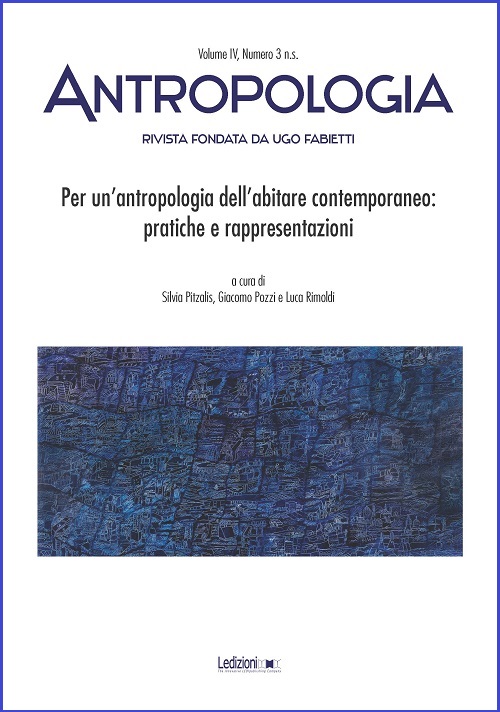“Activist Dwelling” in a Public Housing Neighbourhood of Milan The Experience of the Drago Committee in Giambellino-Lorenteggio
DOI:
https://doi.org/10.14672/ada20171346%25pKeywords:
living, activism, public housing, Milan, urban redevelopmentAbstract
In the last two decades, the neoliberal transition has shaped the housing policy in the Italian cities, implying a general abandon of the public housing stock by state institutions and a consequent deterioration of their dwelling spaces and practices. Especially in Milan, housing emergency has been tackled with market-based and security-obsessed programmes, combining displacements, disposals and renewal/privatisation processes of public housing, damaging the poorest and deprived part of the population. Nevertheless, in some cases the inhabitants of urban margins have been actively able to resist to these phenomena, in spite of the persistent depoliticizing effect of the “planned dwelling”. In this article, through an ethnographic and micro-historic approach, I retrace the activist paths of the Drago, the inhabitants committee of Giambellino-Lorenteggio neighbourhood, to examine how its members succeeded to organize a collective action against a demolition/reconstruction plan of half of the public housing blocks, claiming a fairer future for the neighbourhood. Following Engin Isin’s and Jacques Ranciére’s thought, I argue that Drago committee is a case of activist dwelling, in which some inhabitants have been able to weave situated knowledge and technical skills to understand and communicate the institutional plan to communities belonging to different social, cultural, economic and political groups, uniting them around a common cause.
Downloads
Published
Issue
Section
License
Copyright (c) 2017 Antropologia

This work is licensed under a Creative Commons Attribution 4.0 International License.
Authors maintain the copyright of their original work and grant the Journal the right to first publication, licensed after 36 months under a Creative Commons Licence – Attribution, which allows others to share the work by indicating the authorship and first publication in this journal.
Authors may agree to other non-exclusive licence agreements for the distribution of versions of their published work (for example in institutional archives or monographs) under the condition that they indicate that their work was first published in this journal.



